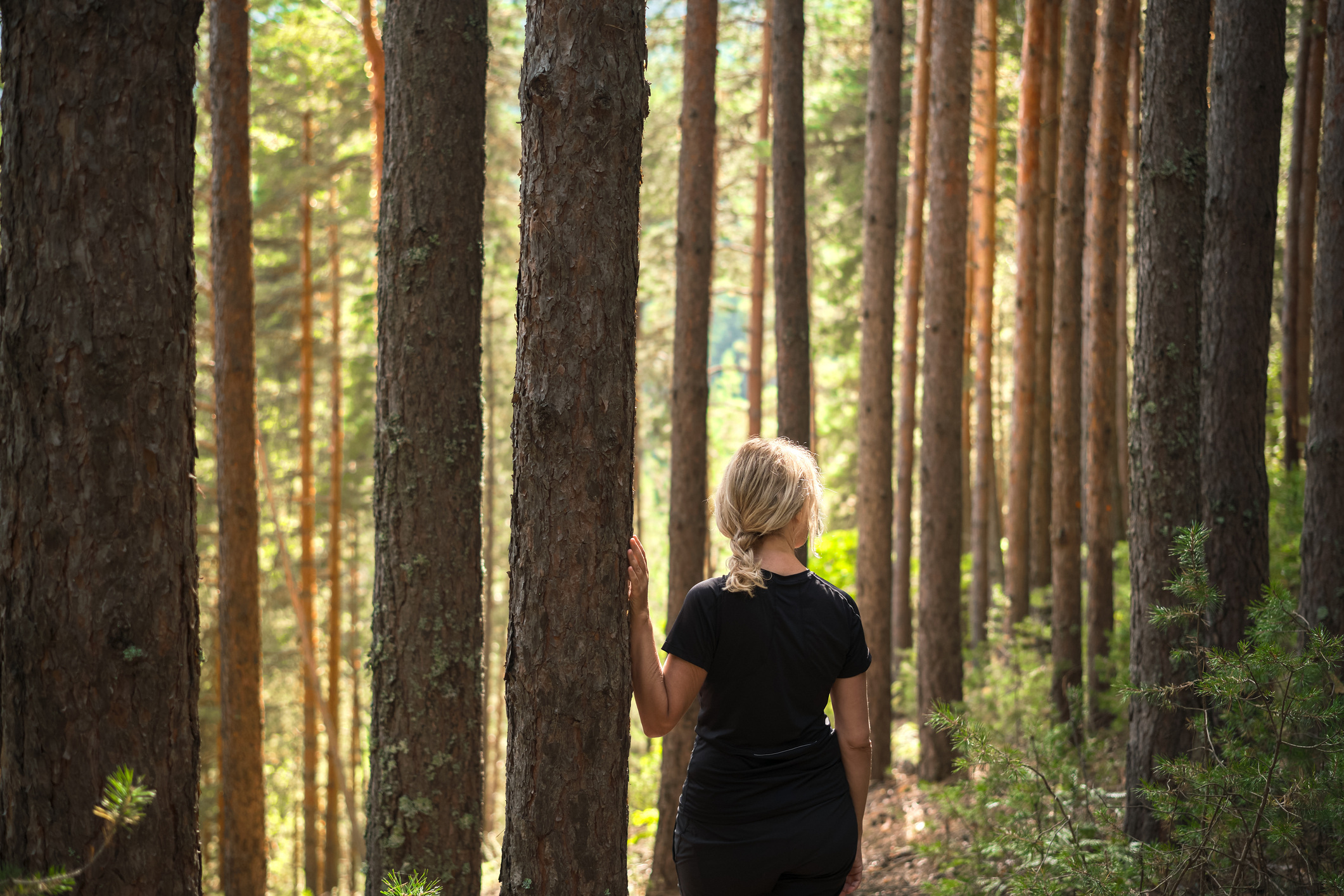The mind to body connection is strong and physiologic in origin.
Stress, both acute and chronic, with consequent physiological dysregulation is known to accelerate aging and agitate disease trajectory. Stress can be in the form of emotional stress such as with dysfunctional interpersonal relationships, job stress, financial stress, health issues, or poor nutrition to name a few.
How our brain interprets stress and how the body then reacts can ultimately determine the progression towards or resistance against development of virtually every disease. This can be an adaptive or maladaptive phenomenon.
We know that stress impacts every body system, and can precipitate or advance cardiovascular disease, autoimmune dysfunction, neurocognitive disease, inflammatory and irritable bowel disease, and gut dysbiosis amongst so many other maladies.
For these reasons, universally, we dislike stress. Stress is, however, a normal part of life for everyone in small and large ways, and can have beneficial effects. For example, some acute stress can help us achieve our goals, and plays a key role in promoting our survival. This is the primitive fight or flight response which originates from the activation of our sympathetic nervous system.
While the sympathetic nervous system acts like the gas pedal in our car, the parasympathetic nervous system acts like the brake. This works to our benefit in shorter periods of time, but over prolonged periods of time (as in the case of chronic stress) it leads to an imbalance in these responses.
Subsequently, health issues can arise from chronic stress including:
- Musculoskeletal dysfunction
- Headache
- Weight gain or loss
- Hair loss
- Insomnia
- High blood pressure
- Heart disease
- Stroke
- Cancer
- Cognitive decline
Successful aging could then be seen as the ability to adapt to and neutralize these stressors with minimal impact on our health.
In other words, building resilience as we manage our stress.
So, how can we build resilience to deal with and combat stress? We need to impart strategies to cultivate emotional strength and adaptability.
Simple stress relievers can make a big impact. Here are a few that I often recommend to my patients:
- Exercising, stretching, foam rolling
- Using essential oils
- Chewing gum to relieve stress
- Giving a hug, forcing a laugh or a smile
- Taking a 10-20 minute reset nap
- Listening to music
- Using aromatherapy
- Making time for hobbies
- Evaluating (or reevaluating) priorities
- Minimizing screen time (especially before bed)
- Taking a walk (Nature’s Rx!)
In addition, there are less common - yet proven - techniques that could be considered in building your resilience and combating chronic stress.
Biofeedback —this can be a very helpful tool to alleviate and manage stress. This involves using sensory feedback to allow better control of body functions that are considered involuntary via breathing or relaxation techniques.
This supports reduction of stress and bringing the nervous system back into balance.
Forest Bathing — the technique of “Sinrin-Yoku,” the Japanese practice of spending more time in nature for the purpose of relaxation and stress reduction.
Inhaling the phytochemicals that trees release into the air has been shown to reduce stress hormones and increase anti-cancer proteins, improve attention, boost immunity and lift our moods.
Heart Math — Through measurements of heart rate variability (HRV is the physiological phenomenon of variation in the time interval between heart beats) and coherence (in sync heart rhythm patterns), heart math can influence effects on your thoughts and behaviors by giving you feedback.
Build resistance using these tools. Delegate and create healthy boundaries in relationships. Lean on friends and family for support. Stay connected. Balance work with interesting hobbies and down time. Eat healthfully. Exercise regularly. Organize your time and identify when you have the most energy to complete tasks and have better focus.
Set small, achievable goals.
Talk with a health professional if you feel you need an added layer of support.

